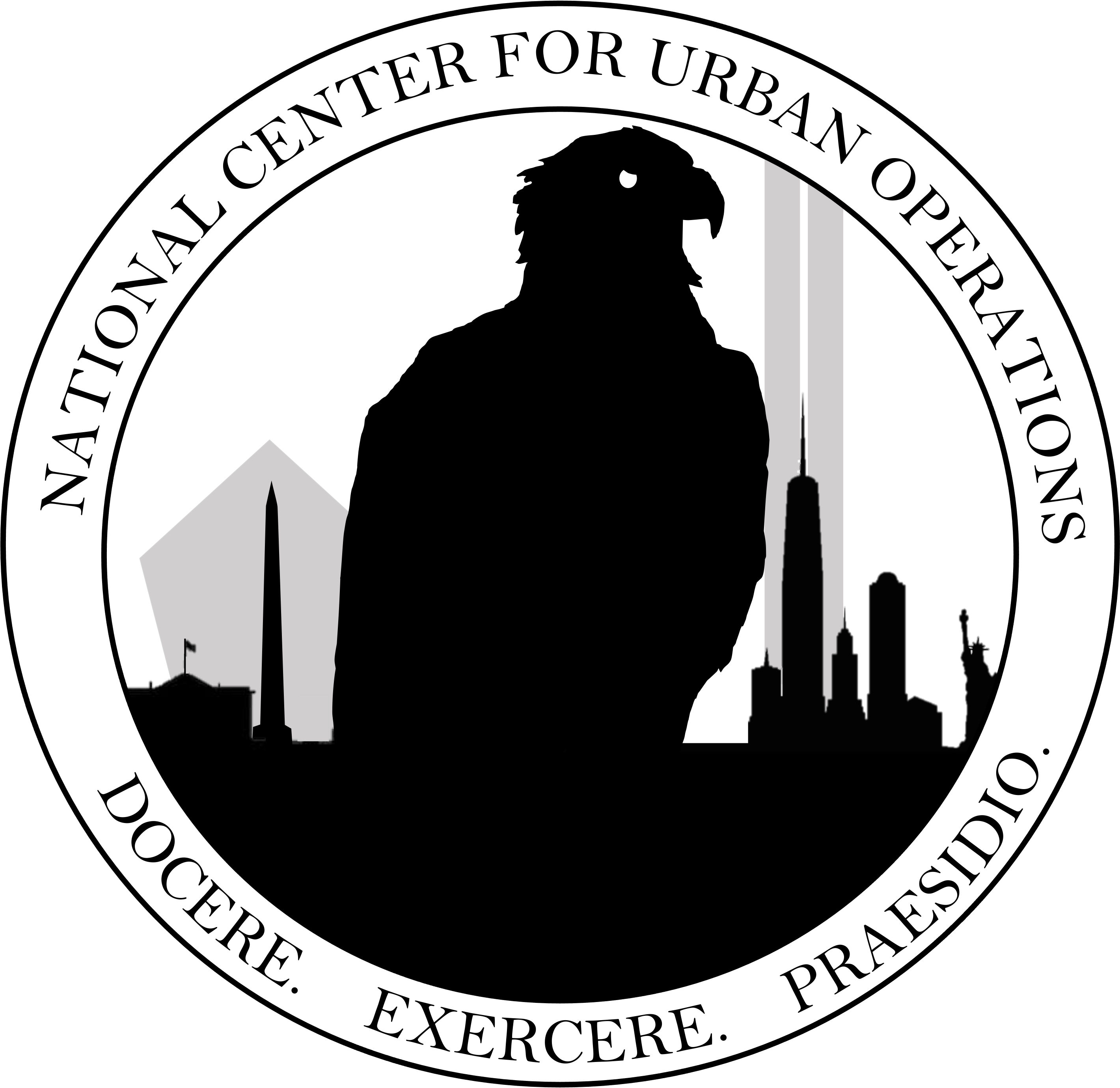National Center for
Urban Operations
Dense Urban & Subterranean Environments
National Center for
Urban Operations
Dense Urban & Subterranean Environments
The Challenge
Dense Urban and Subterranean (DUST)
The world is not getting any less urbanized. By 2035, it’s projected that 60% of the world’s population will reside in urban areas. This projection reflects the ongoing trend of urbanization that has been consistent over past decades, driven by factors like migration from rural to urban areas for better economic opportunities, infrastructure development, and the expansion of cities.
Significant urban growth poses both opportunities and challenges. On one hand, urban areas can drive economic growth, innovation, and improved access to services and amenities. On the other hand, this influx can strain existing urban infrastructure, exacerbate housing shortages, and provide serious security challenges that can have international impacts. Asymmetric threats, vulnerabilities to critical infrastructure, and technology that outpaces policy all add significant levels of up unpredictability. The challenge for governments, militaries, first responders and industry is to understand the complexity, density and intensity of DUST.

The Challenge
Dense Urban and Subterranean (DUST)
The world is not getting any less urbanized. By 2035, it’s projected that 60% of the world’s population will reside in urban areas. This projection reflects the ongoing trend of urbanization that has been consistent over past decades, driven by factors like migration from rural to urban areas for better economic opportunities, infrastructure development, and the expansion of cities.
Significant urban growth poses both opportunities and challenges. On one hand, urban areas can drive economic growth, innovation, and improved access to services and amenities. On the other hand, this influx can strain existing urban infrastructure, exacerbate housing shortages, and provide serious security challenges that can have international impacts. Asymmetric threats, vulnerabilities to critical infrastructure, and technology that outpaces policy all add significant levels of up unpredictability. The challenge for governments, militaries, first responders and industry is to understand the complexity, density and intensity of DUST.

OUR PURPOSE
Mission Statement
The National Center for Urban Operations, a 501 (C) (3) nonprofit think-tank, is at the forefront of addressing national security and public safety problems related to dense urban and subterranean challenges. We specialize in providing training/education, and serve as a focal point for a community of urban practitioners to inform understanding of this complex environment. Our expertise is geared towards supporting the Department of Defense, government agencies, first responders, the defense industry, and emergency managers with cutting-edge education, immersive training, innovative solution development, and strategic insights. Based in New York, NY, and established in 2018, NCUO stands as a pivotal resource for navigating the intricacies of urban operational landscapes.
OUR PURPOSE
Mission Statement
The National Center for Urban Operations, a 501 (C) (3) nonprofit think-tank, is at the forefront of addressing national security and public safety problems related to dense urban and subterranean challenges. We specialize in providing training/education, and serve as a focal point for a community of urban practitioners to inform understanding of this complex environment. Our expertise is geared towards supporting the Department of Defense, government agencies, first responders, the defense industry, and emergency managers with cutting-edge education, immersive training, innovative solution development, and strategic insights. Based in New York, NY, and established in 2018, NCUO stands as a pivotal resource for navigating the intricacies of urban operational landscapes.
OUR NETWORK
Collaborative Partnerships
Our network consists of public-private partnerships with the government, academia and industry enterprises. These relationships provide unique opportunities for consultation and collaboration with the world’s finest and most experienced first responders, anti-terrorism forces, and incubators – allowing for real-world testing, analysis, and evaluation of new technologies and applications.
OUR NETWORK
Collaborative Partnerships
Our network consists of public-private partnerships with the government, academia and industry enterprises. These relationships provide unique opportunities for consultation and collaboration with the world’s finest and most experienced first responders, anti-terrorism forces, and incubators – allowing for real-world testing, analysis, and evaluation of new technologies and applications.

© COPYRIGHT 2024 NATIONAL CENTER FOR URBAN OPERATIONS
© COPYRIGHT 2024 NATIONAL CENTER
FOR URBAN OPERATIONS

